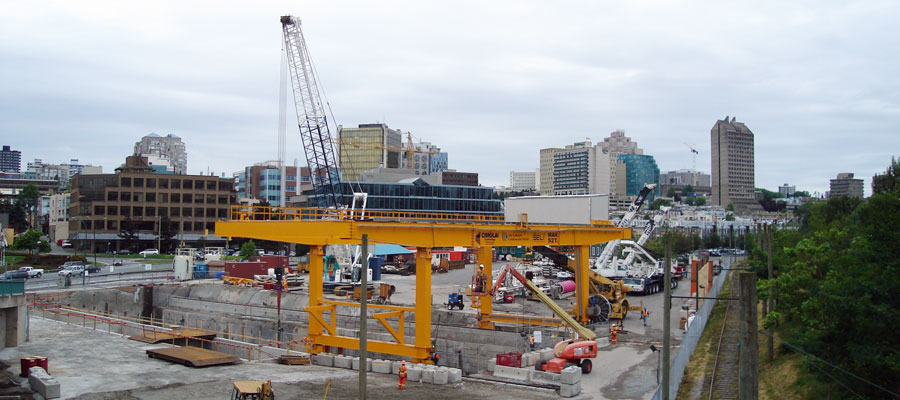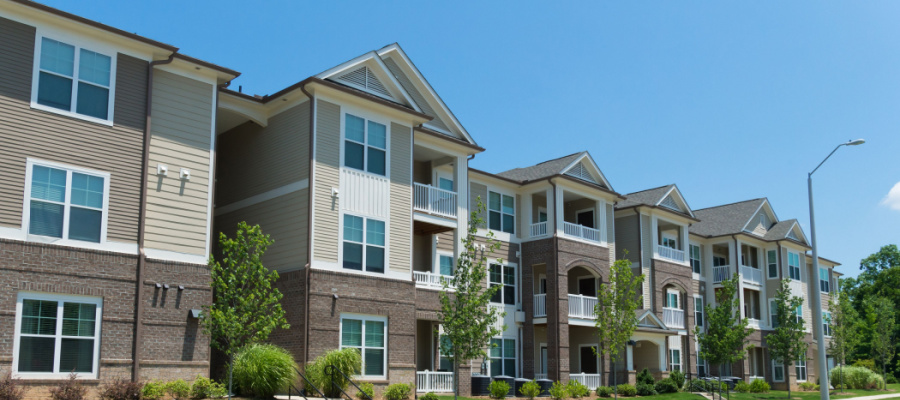In defence of BC’s new “speculation” tax

Among the housing measures announced in BC Budget 2018, the new speculation tax has caused the most uproar.
Some of this stems from a lack of clarity on how the tax will be applied. Details are being worked out by the Ministry of Finance and in their absence there’s been some confusion and alarm.
The term “speculation tax” is also a misnomer. A speculation tax as conventionally understood would heavily tax the capital gains from rapidly rising property values, especially those resold (or “flipped”) in less than one or two years, or from owning multiple properties. This could include gains made on condos bought at pre-sale and sold before completion. Such a tax is still lacking and would be a welcome addition to the arsenal.
The BC speculation tax is more like an empty homes tax, similar to the one introduced by the City of Vancouver last year. Such a tax is important because real estate has become a means for wealthy households—domestic and foreign—to park and grow their capital. Doing this while leaving a property empty compounds the negative effects, driving up home prices beyond what ordinary people can afford while reducing the rental stock.
Real estate has become a means for wealthy households—domestic and foreign—to park and grow their capital.
According to the Ministry of Finance the speculation tax specifically targets “homeowners who have removed their units from BC’s long-term housing stock—meaning they are not owner-occupied or a qualifying long-term rental property.” This applies almost exclusively to owners of multiple properties who live outside of BC because “a non-refundable income tax credit will help offset the tax for BC residents.”
This is appropriate in markets like Metro Vancouver and Victoria, where vacancy rates are extremely low, and in areas where absentee landlords have pushed up prices for locals.
The small number of homeowners that will be affected by the tax have four options: pay the tax, make the property their principal residence, rent it or sell it.
Many vacation homes could also earn substantial income as short-term rentals, like Airbnb, that would cover the cost of the speculation tax. In these cases, revenue raised from the tax could be used to build affordable housing and more vacation rentals would be available to those without the privilege of owning a secondary property. Primarily, though, the policy seeks to encourage more long-term rentals, which would be exempt from the tax altogether.
Although post-Budget polling suggests high levels of public support for the new housing taxes, some media coverage included anecdotes of allegedly hard-done-by households trying to paint the tax as unfair.
Some of these anecdotes are not even worth considering. A family in Alberta that hardly uses its BC vacation property is precisely the type of household that should be captured by the new tax. Ditto for someone living on Vancouver Island who uses a condo in Vancouver a few weekends a year. We desperately need these properties added to the rental stock.
The backlash we’ve seen obscures the reality we have an affordable housing crisis.
In other cases, there is room for adjustment. Rural areas with high vacancy rates need not be included in the geographic zone captured by this tax. It would be fairly straightforward to exempt small Gulf islands not connected by BC Ferries service, for example.
However, currently excluded properties on the Sunshine Coast and near Whistler, where housing prices have exploded and local people struggle to find affordable rental housing, should arguably be included in the tax.
The backlash we’ve seen obscures a central reality—we have an affordable housing crisis and this new speculation tax creates strong incentives to put vacant properties on the rental market. Those who don’t will contribute tax dollars that can and should be used to build new social and coop housing. Some owners will decide to sell and this may help reduce home prices, which is a good thing.
Letting investors, whether domestic or foreign, sit on empty properties is not only wrong; it makes life less affordable for everyone else. Taxing these investors through the speculation tax and other measures is a sensible move to cool our overinflated real estate market.
Topics: Housing & homelessness, Provincial budget & finance, Taxes


